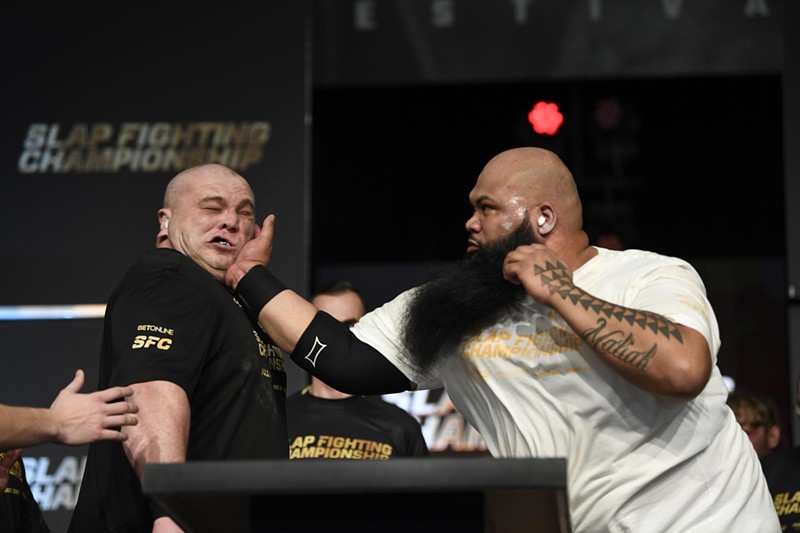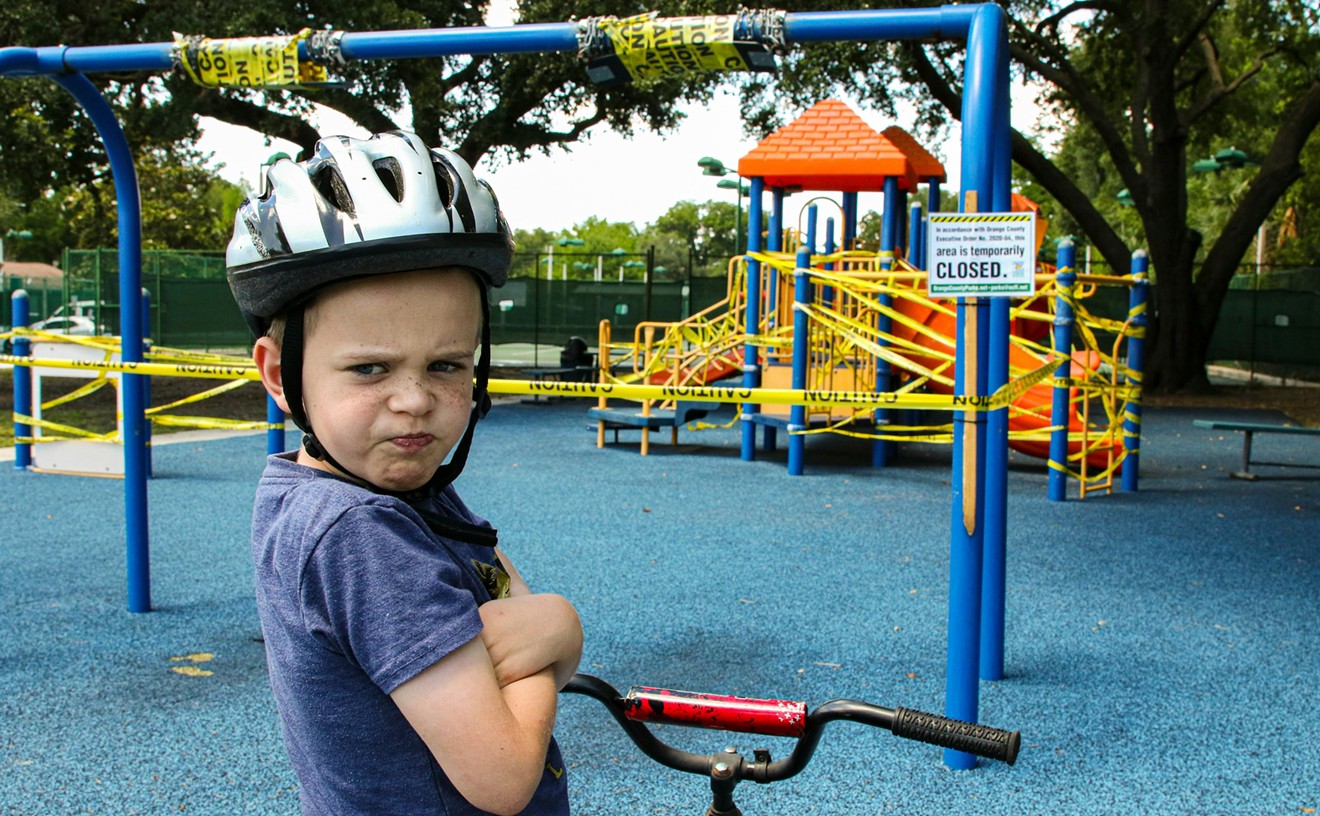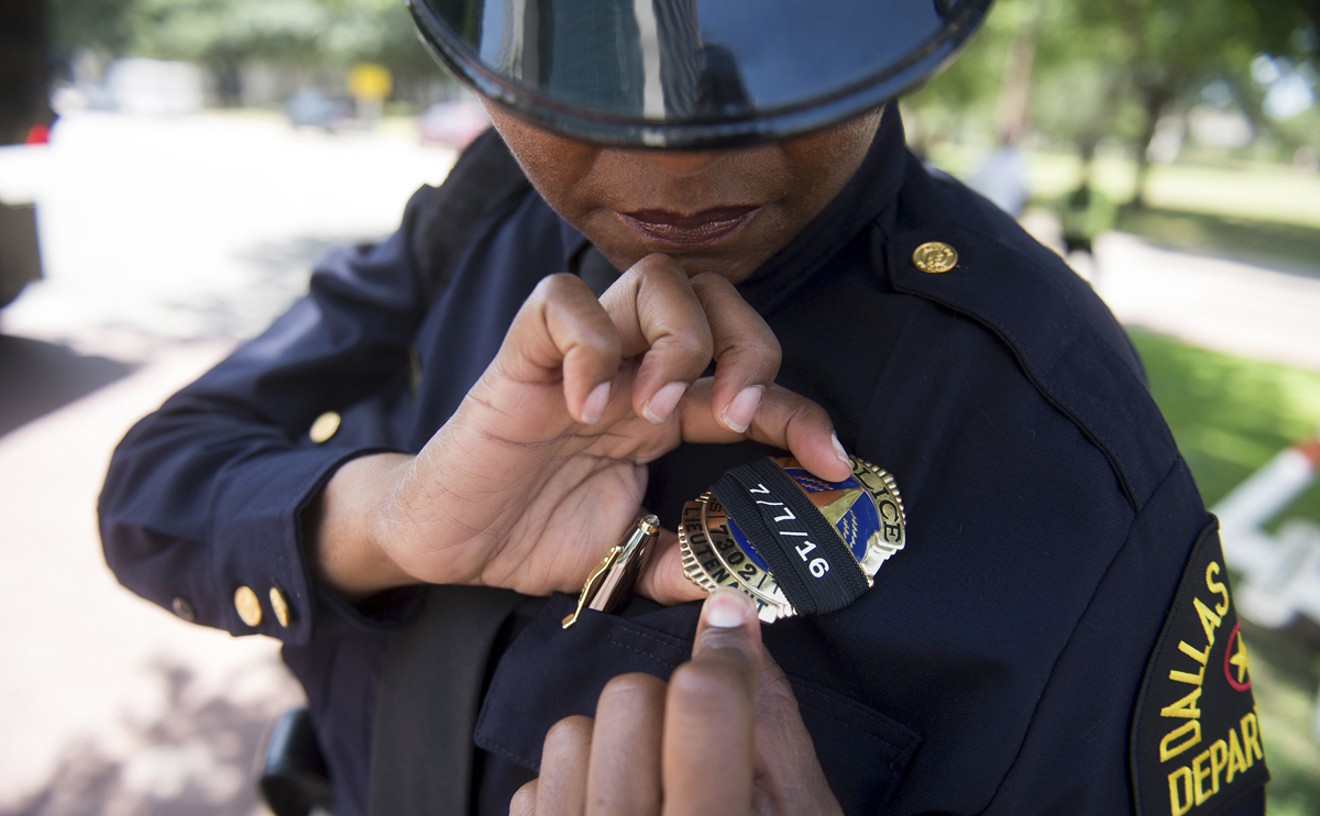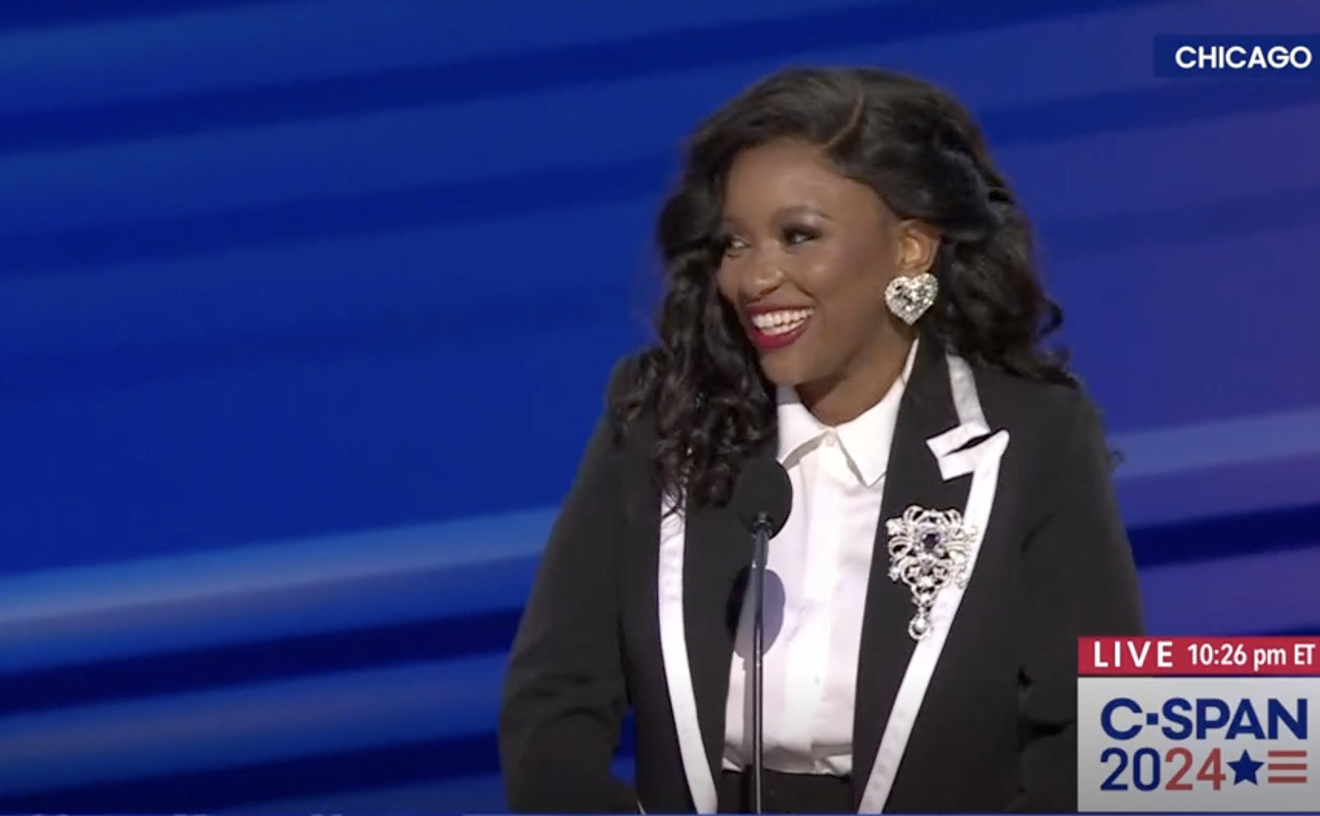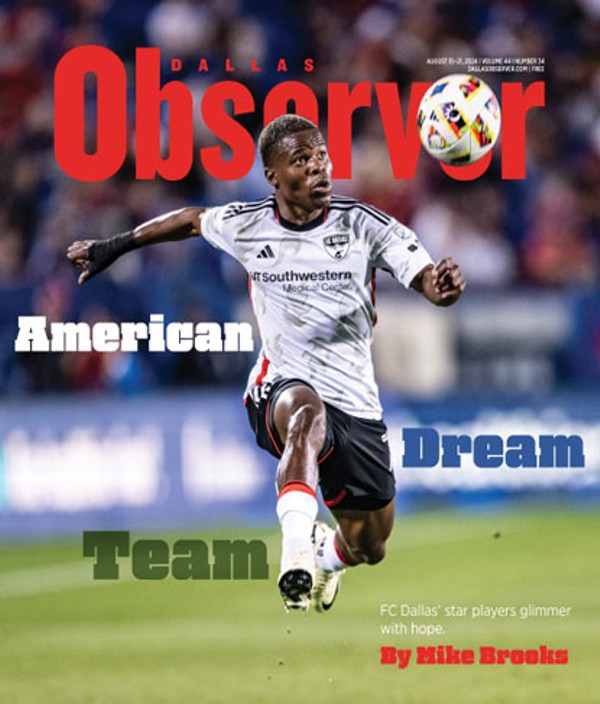Despite health concerns, like worries over brain trauma, the sport has been taking place and taking off in Nevada, Florida and California. Now, it’s coming to the Lone Star State. “I think it’s a wonderful thing,” said Alan Klingbeil, a slap fighter from Texas. He’s glad the sport will now be regulated in his home state as it will help protect fighters and make it easier for them to get insured.
“The reality of the situation is that if it was not approved underneath the state athletic commission, then you would likely not have all these protective measures for the fighters,” Klingbeil, also an actor and mixed martial arts (MMA) fighter, said. Additionally, approval of the sport in Texas gives it more legitimacy in his eyes. “You want to give the air of professionalism, I suppose, in a sport that otherwise might not look like it to the outside world,” he said.
Michael Okuma, another Texas-based slap fighter, said he’s competed in Texas before but he’s excited for official matches regulated by the state. “I love this sport,” he said. “I’m kind of obsessed with it, and I just want it to advance. I kind of see it as being the next UFC [Ultimate Fighting Championship].”
With regulation comes rules, and the combat sport is a bit more complicated than just slapping your opponent. Texas is still working on its own regulations for slap fighting, but we can get an idea of what they’ll settle on based on rules in other states.
The Nevada rules are spelled out on the website for Power Slap, a slap fighting league affiliated with mixed martial arts powerhouse UFC. A match consists of two unarmed combatants, each of whom participate as a striker and a defender once in each round. The fight promoter determines how many rounds the match lasts, but it can’t exceed 10. Participants must be at least 18 years old and may be permitted a cornerman or coach if the promoter allows.“You want to give the air of professionalism, I suppose, in a sport that otherwise might not look like it to the outside world." – Alan Klingbeil, slap fighter
tweet this
Each fighter must wear a mouth guard and cotton ear wicks. Body grease, gels, balms, lotion, oils or other substances may not be applied to the fighter’s hair, face or body. This includes excessive amounts of water. Petroleum jelly may be applied solely by an authorized cutman if they or the supervising physician determines it’s necessary for the fighter’s safety.
Each fight starts with a coin toss. Whoever wins gets to choose to be the striker or the defender first. Both fighters must stand in their designated spots with a table separating them. Feet must be parallel to each other when the fighter is defending. The defender must hold a stick behind their back with both hands, with their arms extended toward the ground, and their chin must line up with the edge of the table. Shoulders can’t be raised, and the head, neck and chin cannot be tucked into the body.
Once the referee starts the round, the striker has 30 seconds to perform a permitted strike on their opponent. Strikers are allowed time to line up their shots.
Fighters can use only a flat, open-handed strike with their palm against a designated target area on their opponent. The target area is limited to the vertical plane on the side of the defender's face, starting above the point of the chin and ending at the eye-line.
After the striker lands their hit, the defender has 30 seconds to recover and get set back up at the table to get ready for their turn to strike. If the defender is knocked down, the referee will give them a verbal 10 count, during which time they must stand back up and show they’re fit to continue. If they don’t stand back up, the striker wins by knockout. But, if the knocked down fighter chose to be the defender first because they won the coin toss, the promoter may allow them a two-minute recovery break.
If the defender is cleared by the physician after two minutes, they’re allowed their turn to strike. If the strike results in a knockout or technical knockout, the fight is considered a draw. Fighters are also allowed “catchers.” These are individuals who will catch the defender if they’re knocked down to keep them from hitting their head or falling off the stage.
Klingbeil’s adrenaline pumps every time he hits the slap-fighting stage. He said he tried to block out the cheers so he can keep focused on the fight. Part of what he loves about the sport so much is that it allows him to be an entertainer, working the crowd between slaps.
People often criticize the sport over safety concerns, noting that the fighters don’t get a chance to defend themselves. Dr. Gregory O’Shanick, medical director emeritus of the Brain Injury Association of America, told KXAN in a statement that slap fighting “is a real-time laboratory for sustaining a traumatic brain injury.” But Klingbeil argues that MMA can be just as dangerous, as a fighter often gets in a few undefended blows on a downed opponent before the referee steps in to stop the fight.
As far as injuries go, the worst thing that’s happened to Klingbeil is he got a thumb jabbed in his eye due to a foul strike. “The other person obviously got disqualified due to multiple fouls on their end, but they left me with a black eye,” he said.
Despite the injuries, the fighters are taken care of by the promoters, he said. Klingbeil and Okuma hope to compete in one of Texas’ first official slap-fighting events, which will likely take place next year after the rules have been established. Okuma said what he loves about the sport is that, “It’s man against man. There’s no dodging it. So, whoever’s got the best technique, the best chin, they’re usually going to win.”

